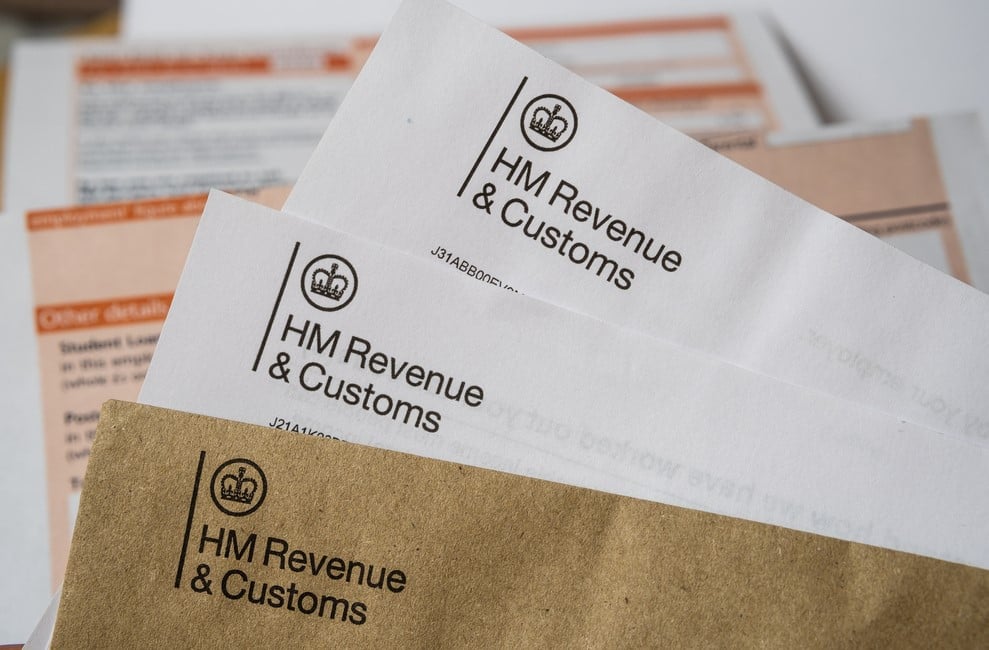HMRC can often send waves of anxiety across anyone’s day. Typically, these correspondences come in different forms, but one type that may appear in your mailbox is the so-called “nudge letter.” Crafted to alert or urge taxpayers about their fiscal responsibilities, specifically pertaining to undeclared income, understanding your HMRC nudge letter is crucial to ensure you’re fulfilling your tax obligations effectually.
What specifically is an HMRC Nudge Letter?
A nudge letter from HMRC is essentially a preventive measure rather than an accusatory one. These letters are part of HMRC’s strategy to encourage taxpayers to willingly correct any variations in their tax reports, particularly focusing on international income that might not have been fully declared. Unlike formal audit letters, a nudge letter does not imply there is an ongoing investigation into your tax affairs. Instead, it acts as a tender prompt that HMRC has data suggesting there may be undeclared income.

Why Did You Receive One?
Should you’ve come across one of these notices in your post, it is probably because HMRC has obtained data that potentially contradicts with the data you’ve provided, or suggests there might be additional sources of income that need be considered. Typical causes for issuing a nudge letter involve differences seen in the information reported by overseas tax authorities or financial institutions concerning overseas income.
Interpreting the Message
The key content of a nudge letter typically includes a notice about the significance of reporting all necessary incomes; a prompt that errors should be rectified; and at times, links to guides on the best way to handle disclosing undisclosed income. It is vital to check the details mentioned about the alleged undisclosed income carefully and ascertain whether it relates to your situation.
Next Actions: What exactly Ought to You Do?
Upon receiving a prompt letter, taking active steps is crucial:
Review your Tax Documents: Double-check your prior returns to ensure all income streams had been reported correctly. Pay special attention to any overseas earnings.
Consult a Tax Consultant: If there’s any doubt about how to move forward or if corrections are, consulting with a taxation professional can offer clarity and guidance.
Reply Promptly: Adhere to any kind of directions given in the notice regarding due dates for response. Engaging collaboratively with the HMRC can often prevent further complications or inquiries.
Correct Every Blunders: If you discover oversights or neglected information, adopt swift steps to rectify it. This usually includes registering adjusted returns and working together fully with HMRC.
Deterrence is Better Than Remedy
To steer clear of forthcoming HMRC prompt letters, maintaining thorough and precise records of every single domestic and international income is recommended. Consistently updating tax filings and making sure total transparency can assist circumvent the strain associated with such checks from the tax authorities.
Moving through tax matters can sometimes appear overwhelming, especially when it involves intricacies such as income from abroad. However, understanding why you got an tax authority nudge letter and knowing how to reply effectively might not only help in addressing possible issues promptly but also reinforce your commitment to meticulous fiscal compliance. Keep in mind, HMRC utilizes these letters to assist taxpayers in staying on track rather than fining them suddenly.
Check out about Letter from HMRC take a look at this useful website
